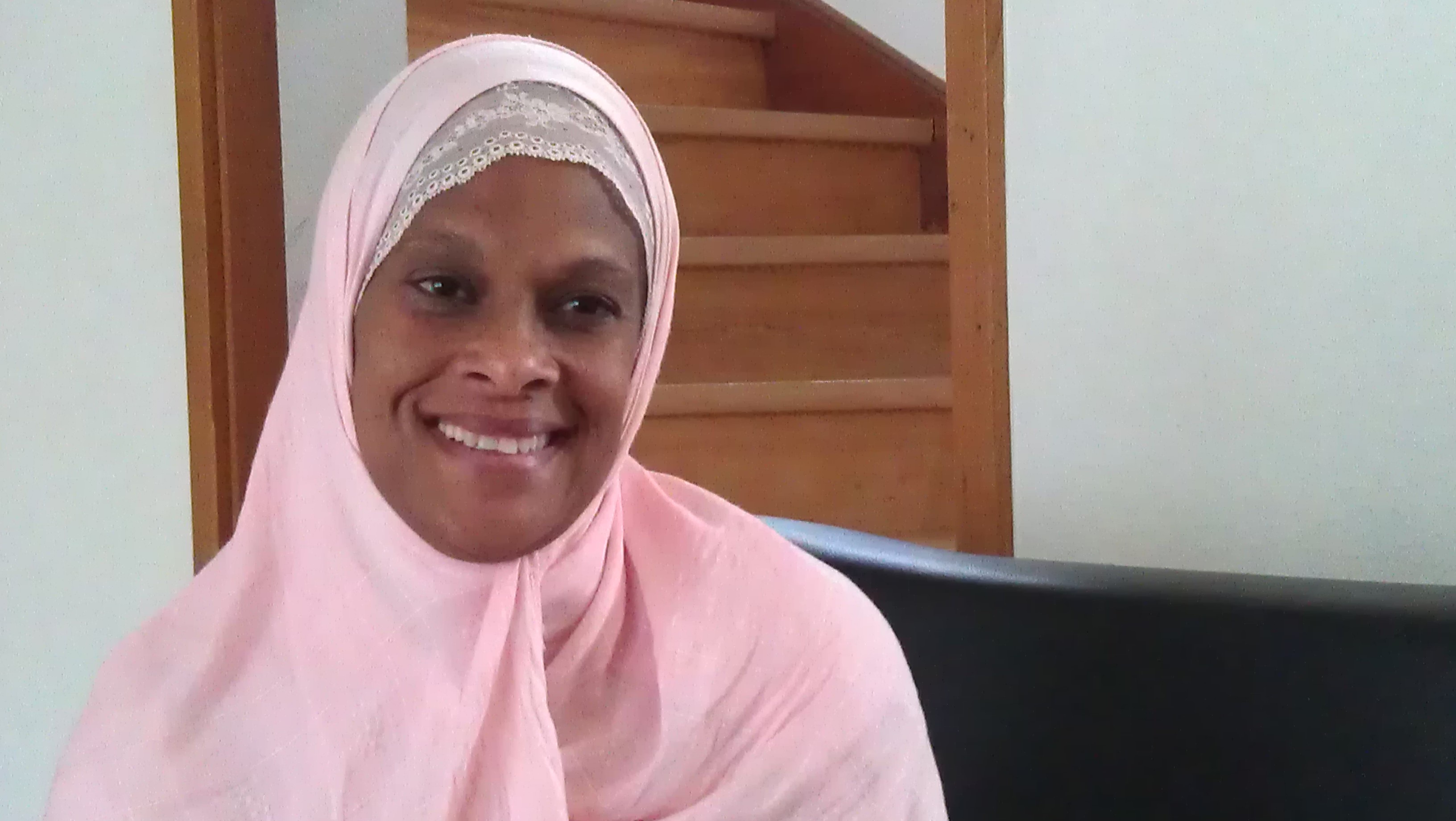University of Geneva chair to fight FGM

The Global Alliance against Female Genital Mutilation and the University of Geneva have signed an agreement to establish a public health and human rights chair to address the problem of female genital mutilation.
“This is a big step forward and a first for the university,” said Professor Emmanuel Kabengele of the university’s Institute for Global Health on Thursday.
The announcement was made in connection with the International Day of Zero Tolerance for Female Genital Mutilation (FGM), to be held on February 6.
According to the United Nations, FGM “comprises all procedures that involve altering or injuring the female genitalia for non-medical reasons”. It is recognised internationally as a violation of the human rights of girls and women.
Approximately 140 million of the world’s females are victims of some form of genital mutilation, according to the UN. Mutilation generally takes place between infancy and the age of 15. It can cause severe bleeding, infections, infertility, complications in childbirth, and death.
Although there has been progress in deterring FGM, at the present rate it will take almost 100 years to completely end the practice in some countries, said Holger Postulart of the Global Alliance. The UN wants to eliminate FGM in the space of one generation, or 25 years.

In compliance with the JTI standards
More: SWI swissinfo.ch certified by the Journalism Trust Initiative









You can find an overview of ongoing debates with our journalists here . Please join us!
If you want to start a conversation about a topic raised in this article or want to report factual errors, email us at english@swissinfo.ch.